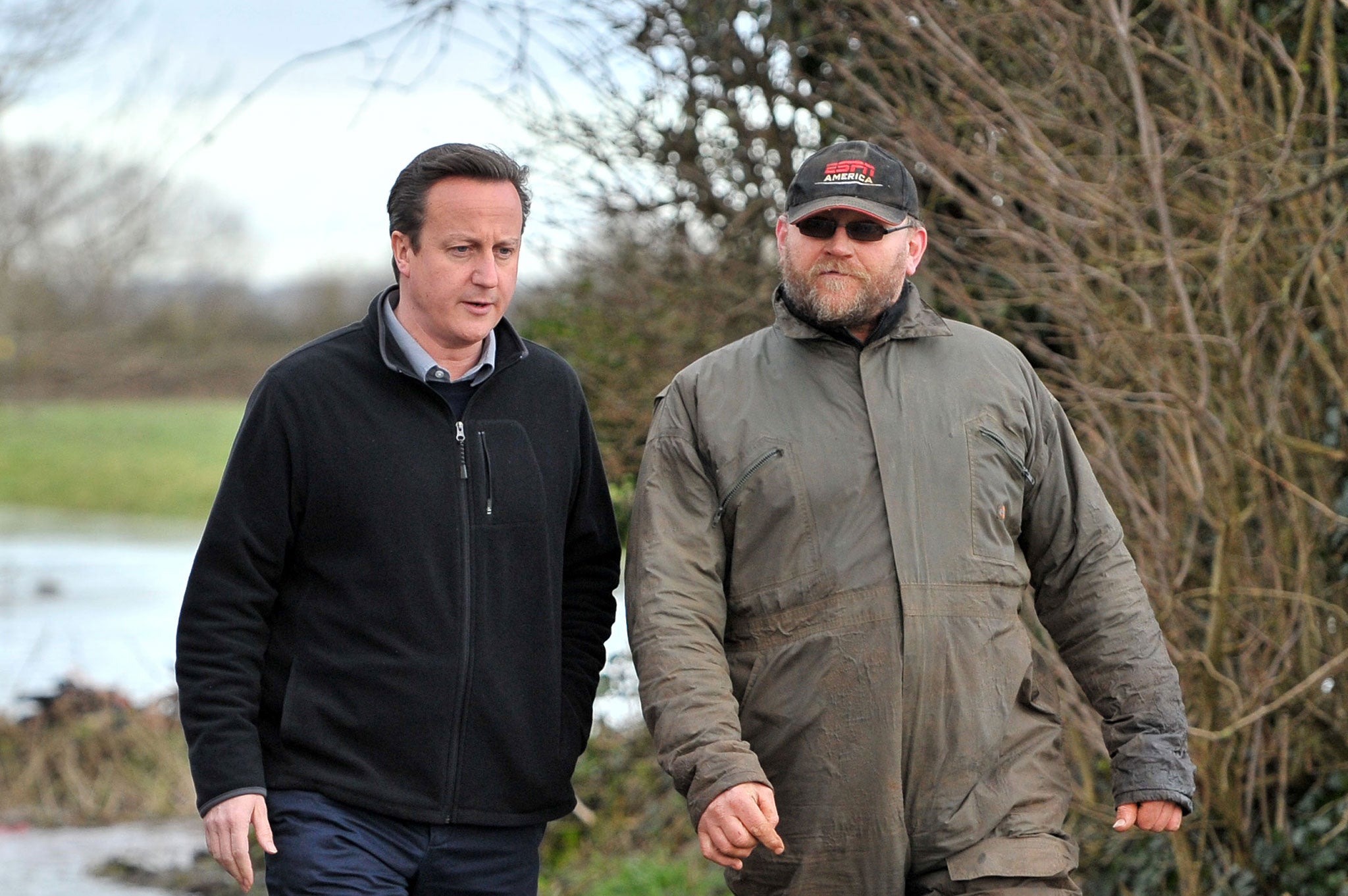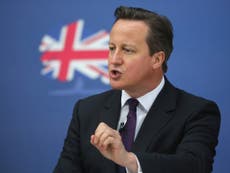I loathe the term ‘hard-working people’. It's patronising, snobbish and wrong
Is there only value in paid work, anyway?


I like to believe that I work hard. All right, not like a coal miner or a nurse in A&E or a fireman, but, by any standards, I work quite long hours, shoulder a reasonable amount of responsibility, and devote most of what brainpower I have towards my occupation. I consider myself well-rewarded for my labours, despite the fact that, if I stopped doing my job, no one else's life would be poorer as a result. Nevertheless, I don't think it's unreasonable to call myself a hard-working person.
So, are politicians talking about me when they invoke - as they will do with tiresome regularity over the next 99 days - the phrase “hard working people”? Of course not. They're not talking about smart-arsed, metropolitan media types like me. And what about, say, Sir Philip Green? I would imagine that the Topshop boss works as hard as anyone in Britain, bestriding the retail sector and creating jobs and wealth. But it's not him and his ilk they're talking about, either.
No, there's an inverted snobbery in this patronising term. And we know exactly at whom this piece of imagery is directed. They're not people who are defined by how hard they work, but rather by how much they earn. Although this definition suggests manual labour - there is the echo of the yeoman of old England here - it would surely include white-collar workers: in fact, anyone who is in the middle-income bracket or below.
David Cameron was at it again yesterday, talking about “hard-working taxpayers” who are “left to pick up the tab” for those on long-term benefits, and it was the Conservatives who brought this nasty little phrase into the political lexicon back in 2013. Speakers at that year's Tory conference took to the stage under the slogan “For Hardworking People”, and it was obviously deemed to have gained traction, as it has since been co-opted by Labour, and now Ed Miliband bangs on about the hard-workers of Britain, too.
And we don't need to peer into the party leaders' imaginations to see who they have in mind as the personification of this virtue. The photocalls will do that. Yesterday, we saw David Cameron joshing with farm labourers at a cider factory in Somerset, while Ed Miliband was shooting the breeze in the way only he can with nurses at a hospital in Nuneaton. Expect plenty more in this vein.
One of the most pernicious aspects of this trite political-speak is that it implies there is value only in paid work. It excludes - even discriminates against - voluntary workers, carers and housewives for example, who work every bit as hard as a plumber or an IT worker, and often in much more stressful circumstances. Are these occupations less valuable because they don't yield tax revenue? And are these people to be disregarded in the political discourse? Aren't politicians supposed to strive for inclusivity?
Every time I hear the phrase “hard-working people” or, worse, “hard-working families” (which presumably only applies to a unit where both parents work and a child does a paper round) I feel a sense of indignation, knowing they don't mean me, and making me feel just a little more worthless.


Join our commenting forum
Join thought-provoking conversations, follow other Independent readers and see their replies